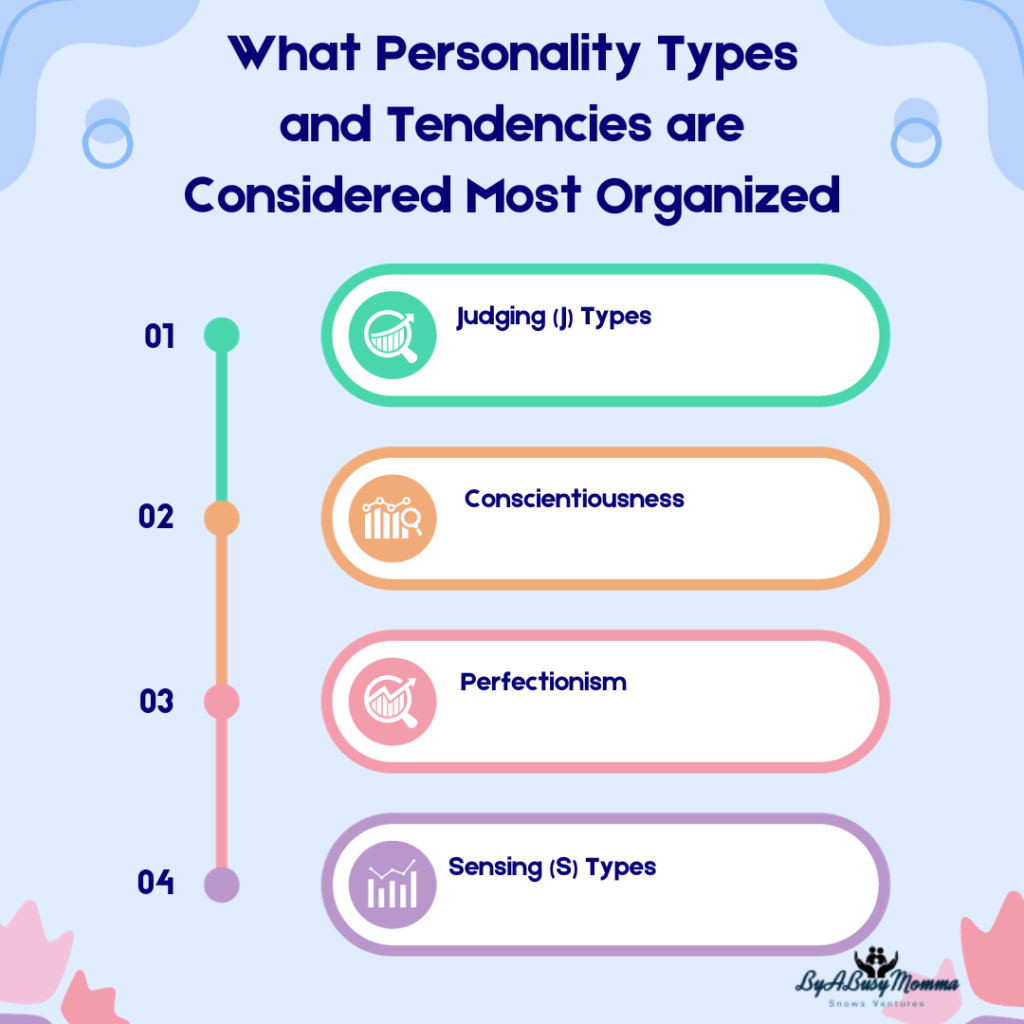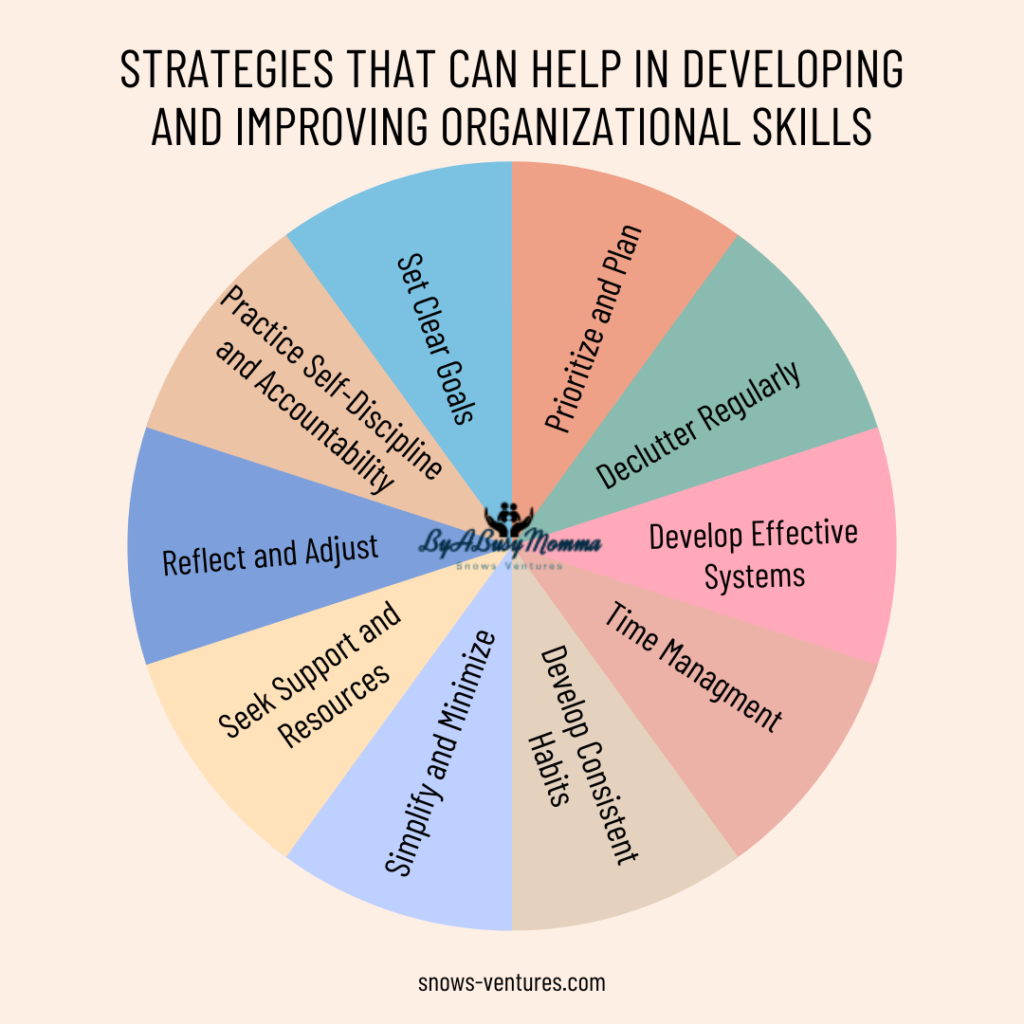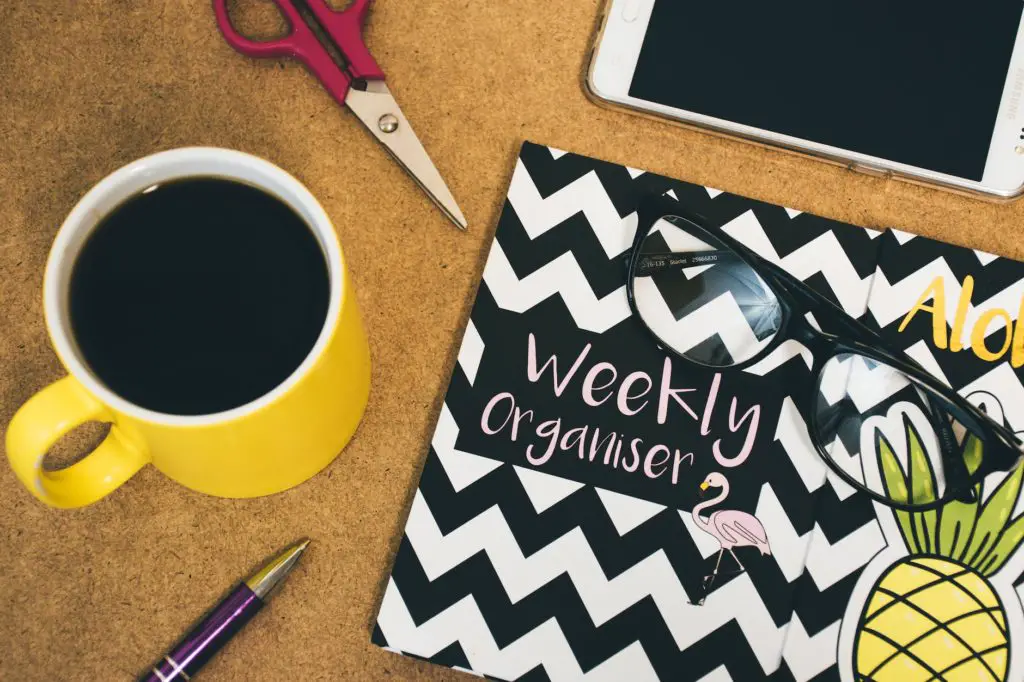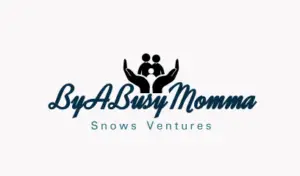While organizational tendencies can vary significantly among individuals, certain personality traits are commonly associated with being organized. The Myers-Briggs Type Indicator (MBTI) is one popular personality assessment that categorizes individuals into different personality types. However, no single personality type is universally considered the most organized; if evaluated on the MBTI, the Judging (J) and Sensing (S) Types are deemed the most organized. Some other personality types may exhibit traits that lend themselves to being more organized, but the two most agreed-upon are the ISTJ and ESTJ types.
Check out these books on Amazon that go into greater detail on this topic:
- the Clutter Connection
- Decluttering at the Speed of Life
- Essentials of Myers-Briggs Type Indicator Assessment
- The Five-Factor Model of Personality

Here are a few examples of why these personality types and tendencies are considered the most organized:
Judging (J) Types: In the MBTI, individuals who prefer Judging tend to be structured, organized, and enjoy planning. They thrive on schedules, routines, and clear expectations. In particular, ISTJ (Introverted-Sensing-Thinking-Judging) and ESTJ (Extraverted-Sensing-Thinking-Judging) types are often associated with strong organizational skills and a systematic task approach.
Conscientiousness: In the Big Five personality traits model, conscientiousness is closely linked to organization. Conscientious individuals are typically disciplined, detail-oriented, and mindful of deadlines. They tend to plan and prepare well in advance, striving for order and efficiency.
Perfectionism: While not always the case, individuals with a strong inclination toward perfectionism often exhibit organized behaviors. Their attention to detail, desire for precision, and drive to create order can make them highly organized in their thoughts, actions, and environments.
Sensing (S) Types: Sensing types in the MBTI, such as ISTJ and ESTJ, are often detail-oriented and practical. They tend to focus on the present, rely on facts and concrete information, and are attentive to specifics. These characteristics can contribute to their ability to maintain organization and structure in various aspects of their lives.
It’s important to note that personality traits and tendencies are multidimensional, and individuals can exhibit various organizational behaviors regardless of their personality type. Additionally, being organized is a skill that can be developed and improved over time, regardless of one’s natural disposition.

Personality traits, personal habits, and individual motivation influence organizational skills. Regardless of personality type, anyone can cultivate organizational skills through conscious effort, practice, and practical strategies and systems.
People with different personality types can develop organizational skills equally effectively. While certain personality traits may make it easier for some individuals to gravitate toward an organization naturally, it doesn’t mean that individuals with other personality types cannot develop and improve their organizational skills.

Here are a few reasons why people of different personality types can develop organizational skills effectively:
- Flexibility and Adaptability: Each personality type has its strengths and preferences, but individuals are not limited to those traits. People can adapt and acquire new skills that may not be their natural inclination. With awareness and effort, individuals can develop organizational habits and strategies that work best for them, regardless of their personality type.
- Motivation and Commitment: Developing organizational skills requires motivation and commitment. Regardless of personality type, when individuals recognize the benefits of being organized and are motivated to make a positive change, they can develop and maintain effective organizational habits.
- Learning and Growth: Personality is not fixed; individuals can learn and grow throughout their lives. Individuals can develop and refine their organizational skills by seeking out resources, learning from others, and practicing organizational techniques.
- Individual Preferences: Different organizational systems and strategies work for different people. Some individuals may prefer digital tools, while others may prefer paper-based systems. Some may thrive with strict routines, while others prefer more flexible approaches. Individuals can develop personalized organizational strategies that align with their preferences and needs by exploring and finding what works best for them.
- External Support: Seeking external support, such as reading books on organization, attending workshops, or working with a professional organizer, can be helpful for individuals of all personality types. These resources can provide guidance, strategies, and inspiration to develop practical organizational skills.
Remember, organizational skills are not solely determined by personality type. They are learned behaviors that can be practiced and improved over time. By understanding personal strengths, motivations, and preferences, individuals can develop organizational skills that work best for them, regardless of their personality type.

Here are some strategies that can help in developing and improving organizational skills:
Set Clear Goals: Start by identifying specific organizational goals. Determine what areas of your life or environment you want to improve and set clear objectives. A clear vision of your plan will provide direction and motivation.
Prioritize and Plan:
- Learn to prioritize tasks and activities based on their importance and urgency.
- Break down larger tasks into smaller, manageable steps.
- Create to-do lists or use digital tools to plan your day, week, or month. This will help you stay focused and organized.
Declutter Regularly: Clutter can hinder organization. Make decluttering a regular practice by systematically reviewing your belongings and letting go of items you no longer need or use. Create designated spaces for different categories of things and develop systems to keep them organized.
Develop Effective Systems: Implement systems to streamline your routines and processes. For example, create a filing system for important documents, establish a routine for managing emails and digital files, and develop techniques for meal planning, grocery shopping, and household chores. Find methods that work for you and simplify your daily tasks.
Time Management: Effective time management is crucial for organization. Learn to prioritize tasks, set realistic deadlines, and manage time effectively. Use calendars, planners, or digital apps to schedule and track your commitments. Avoid overcommitting and learn to delegate tasks when possible.
Develop Consistent Habits: Consistency is vital in developing organizational skills. Make organizing a daily habit. Please take a few minutes daily to tidy up your workspace, put things back in their designated places, and review your to-do list. Consistent efforts will lead to long-term organization.
Simplify and Minimize your life by minimizing unnecessary belongings, commitments, and distractions. Embrace a minimalist mindset and focus on what truly adds value to your life. You’ll find it easier to stay organized by reducing clutter and simplifying your environment.
Seek Support and Resources:
- Don’t hesitate to seek support and resources to enhance your organizational skills.
- Read books or take online courses on organization and time management.
- Engage with communities or forums to learn from others’ experiences and gain insights and tips.
Reflect and Adjust: Regularly assess your organizational systems and strategies to determine what works and needs adjustment. Be open to refining and adapting your approaches as required. Everyone’s administrative needs and preferences are unique, so find what works best for you and adjust accordingly.
Practice Self-Discipline and Accountability: Cultivate self-discipline to stick to your organizational routines and habits. Hold yourself accountable for maintaining organization by regularly reviewing your progress, making adjustments when necessary, and staying committed to your goals.

Remember, developing organizational skills is an ongoing process. Consistency, practice, and a willingness to make adjustments are critical to long-term success. You can develop and enhance your organizational skills over time by implementing these strategies and gradually integrating them into your daily life.
